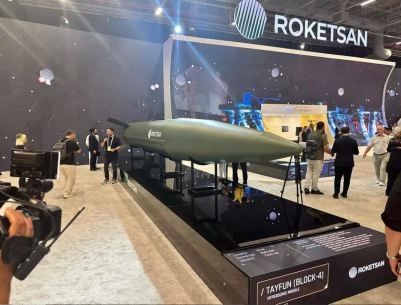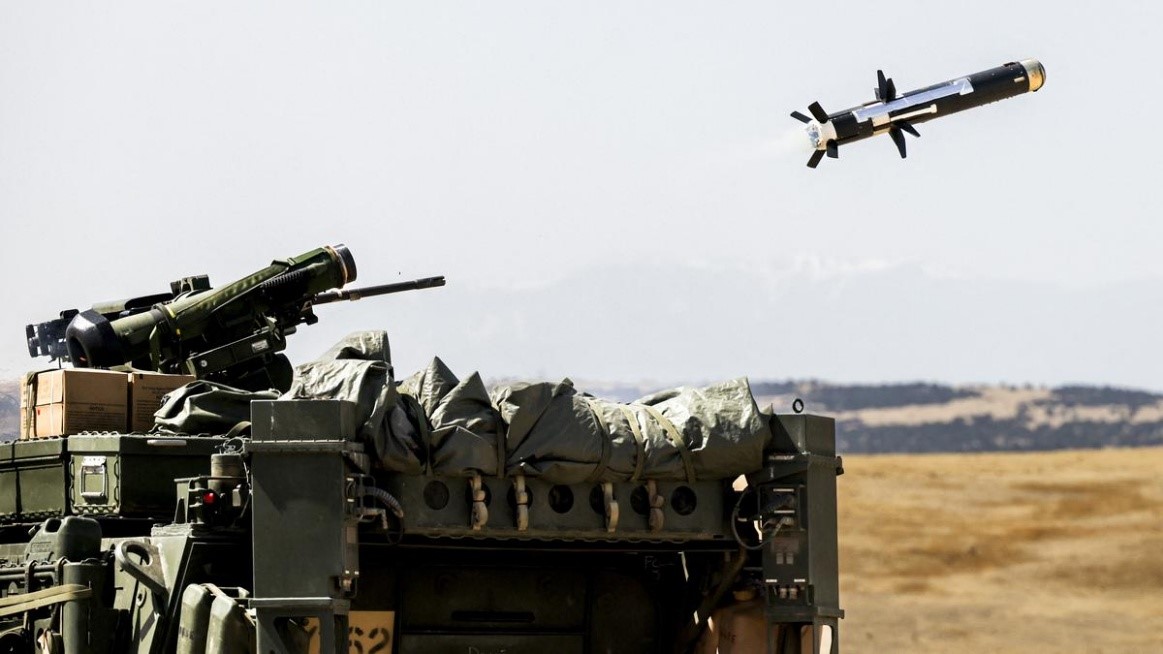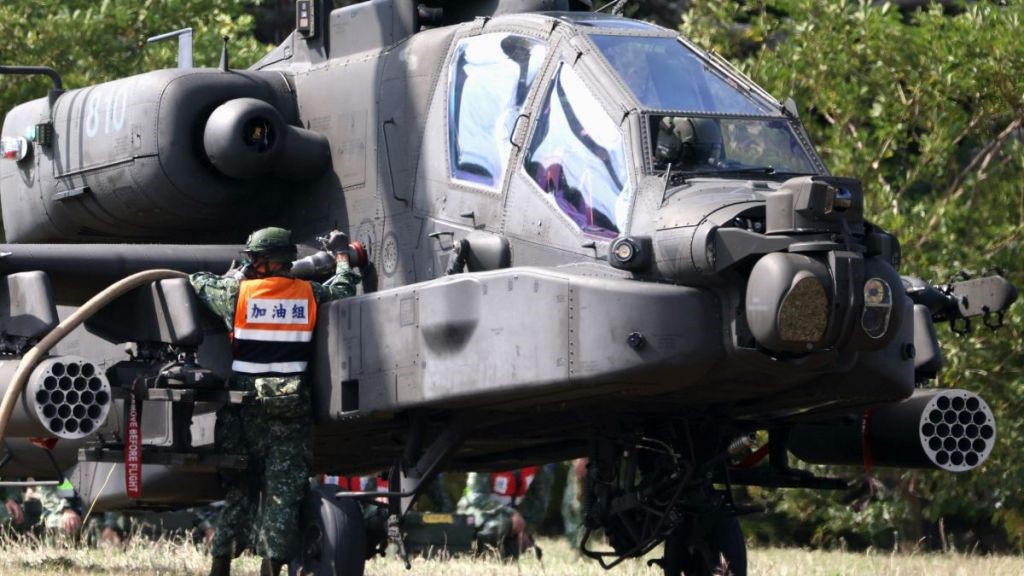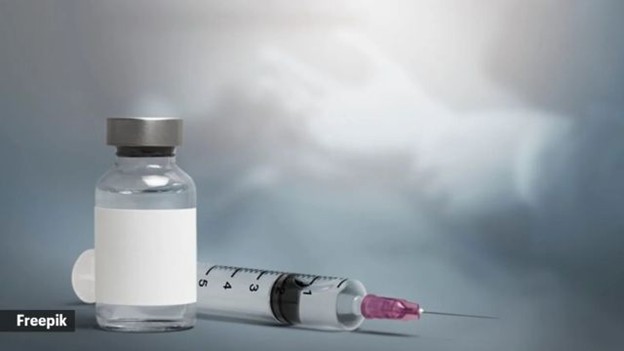Description
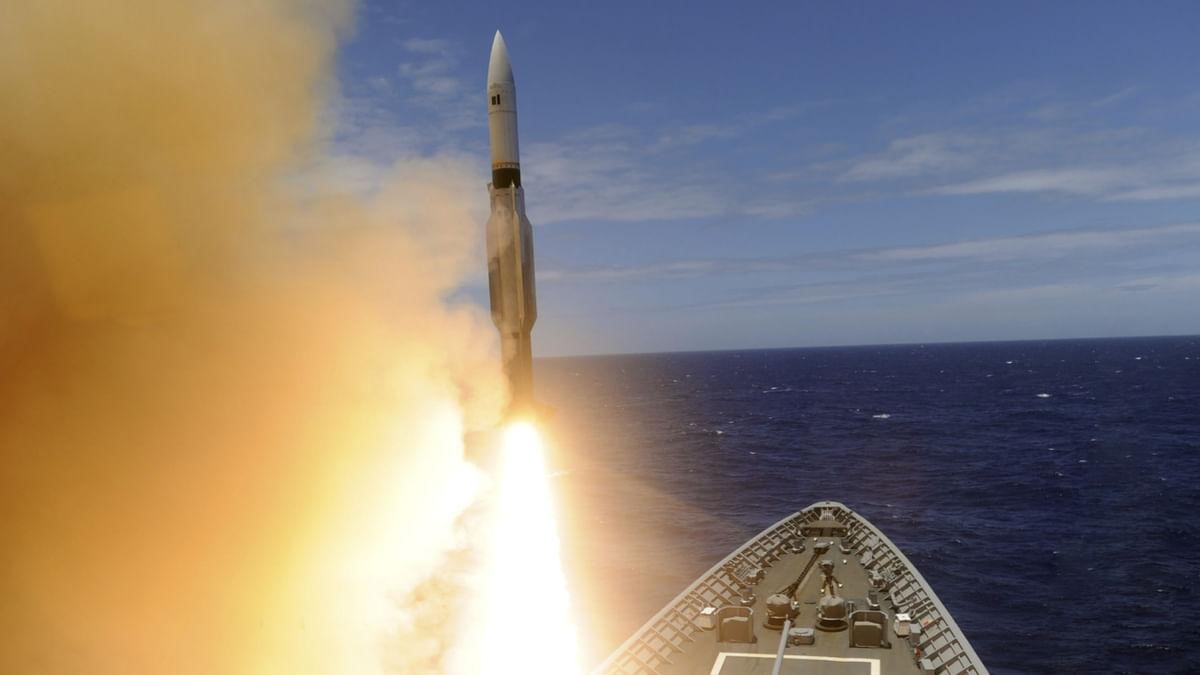
Disclaimer: Copyright infringement is not intended.
Context:
- Amid growing concerns over rivals deploying advanced weapons like hypersonic missiles, Japan is investing in the Glide Phase Interceptor (GPI) Project under joint development with the US.
GPI Programme:
- It is part of missile defense system aimed at countering ballistic missile threats during their glide phase.
- It involves the development of advanced interceptor missiles capable of engaging and destroying incoming ballistic missiles.
- The Programme is under joint development by the US and Japan.
- By the end of 2032, Washington and Tokyo aim to achieve full operational capability for the system.
Glide Phase of Ballistic Missiles:
- With a traditional Intercontinental Ballistic Missile (ICBM), the warhead separates from its booster and continues on a parabolic, gravity-driven trajectory to its target.
- A hypersonic weapon, by contrast, separates from its booster after the peak of its trajectory and accelerates toward the Earth using gravity. It then performs a pitch manoeuvre to begin a flatter trajectory called the glide phase.
- Unlike typical ballistic missiles, the hypersonic and glide vehicles travel at five times (or more) the speed of sound on an unpredictable trajectory.
What is the project all about?
- Hypersonic weapons or missiles pose a unique challenge due to their blinding speeds and relatively low altitudes (20 to 80 km) during the glide phase.
- These characteristics make it particularly challenging for ground-based radar systems to track them effectively.
- The GPI project aims to provide regional hypersonic missile defence.
- It will achieve this by launching specially modified missiles from surface warships.
- These missiles will engage and destroy incoming hypersonic missiles as they glide through the boundary between space and Earth’s atmosphere.
- The “glide” phase of the missile’s trajectory provides the best opportunityto intercept it before it enters its last high-speed drop.
Significance:
- The Programme signifies advancements in missile defense technology, including the development of high-speed interceptors, advanced sensors, and real-time targeting systems.
- These technological enhancements enable precise and timely interception of ballistic missiles during their most vulnerable phase.
- The development of effective glide phase interceptors is strategically important for India's national security, especially in countering potential missile threats from adversarial nations.
- It adds a layer of defense capability by targeting missiles earlier in their trajectory.
- Deployment of GPI interceptors at strategic locations will further strengthen India's defense capabilities.
Read about India missiles:
https://www.iasgyan.in/blogs/indian-missiles-an-overview
Source:
https://www.news9live.com/knowledge/what-is-the-glide-phase-interceptor-gpi-programme-2529244
|
PRACTICE QUESTION
Q. Consider the following statements about “The Glide Phase Interceptor (GPI) Programme” recently developed in India:
- It is part of India's missile defense system aimed at countering ballistic missile threats during their glide phase.
- The Programme involves the development of advanced interceptor missiles capable of engaging and destroying incoming ballistic missiles.
- The glide phase of ballistic missiles is a critical stage where the missile re-enters the atmosphere and glides towards its target, making it less vulnerable to interception.
- The main objective of the GPI Programme is to intercept ballistic missiles during their boost phase.
How many of the above statements is/are correct?
A. Only one
B.Only two
C.Only three
D. All Four
Answer: B
|







